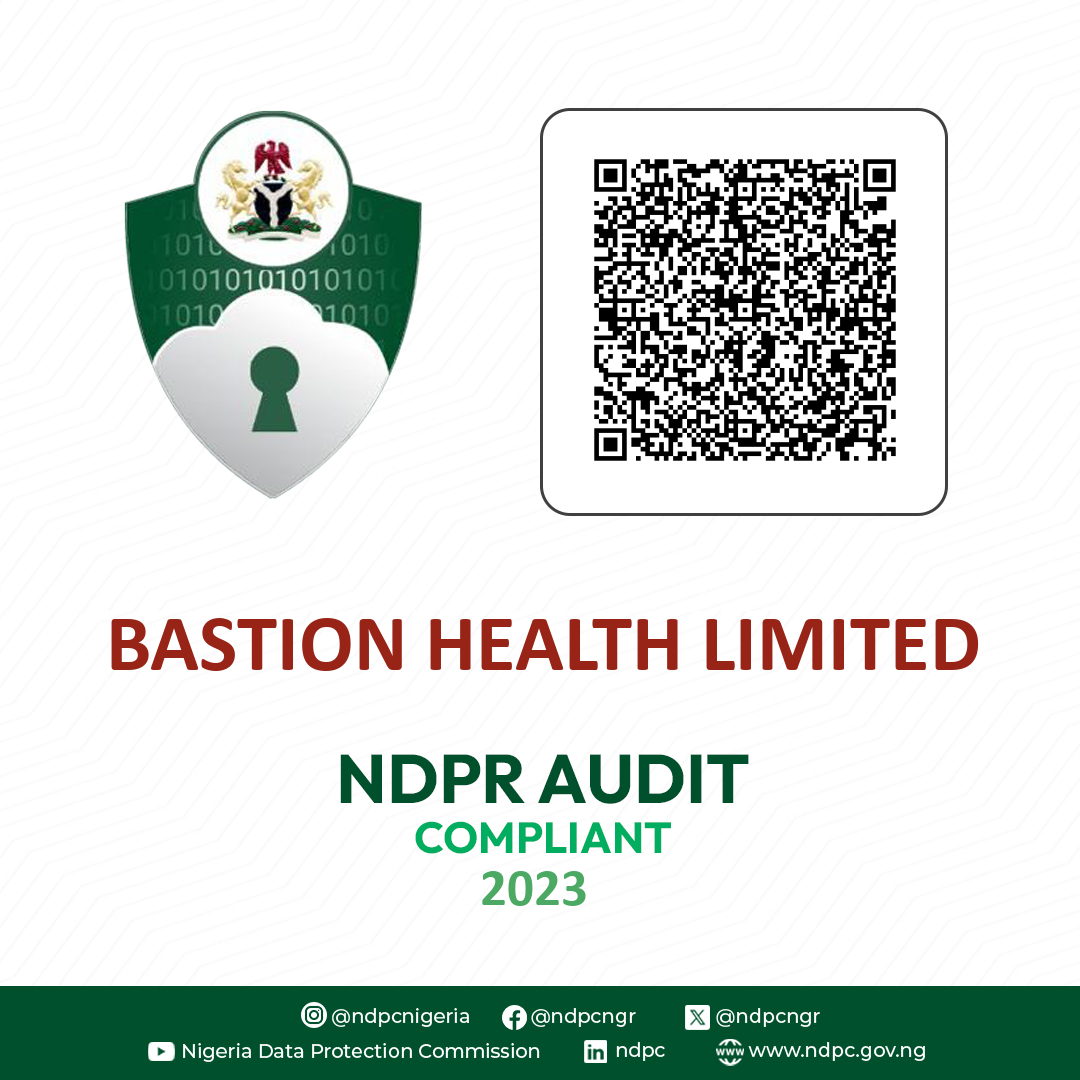The Kidney’s Secret Language: Decoding the Signs of Kidney Health
Remember when we were little, we’d be amazed to see someone petite holding their own? We’d affectionately refer to them as ‘Small but mighty.’ Yes, that’s the perfect description for the kidneys
The kidneys, those small bean-shaped organs tucked away in our lower backs, carry out the Herculean task of filtering waste and maintaining a delicate balance within our bodies.
Understanding the subtle signs and signals your kidneys send can be crucial in detecting potential issues early on. In this article, we delve into the intricate language of the kidneys, deciphering their messages and exploring the significance of maintaining optimal kidney health.
The kidneys have a language, but they speak so subtly that they can easily be overlooked. One of the most telling signs of kidney health lies in the color and consistency of our urine. While most of us glance at the toilet bowl without a second thought, changes in urine color, frequency, and other characteristics can provide valuable insights into our kidney function
Deciphering Urinary Clues
- Dark, tea-coloured urine may suggest dehydration or the presence of blood,
- Cloudy or foamy urine might signal the presence of protein, a potential indicator of kidney damage.
- Changes in urinary frequency or urgency may point to underlying kidney issues that warrant further investigation.
Beyond Urinary Changes
While changes in urine are perhaps the most obvious signs of kidney trouble, they are by no means the only indicators.
- Persistent swelling in the hands, feet, ankles, or face could signal fluid retention, a common symptom of kidney dysfunction.
- Unexplained fatigue, weakness, or difficulty concentrating may suggest that our kidneys are struggling to keep up with their workload.
- Rise in blood pressure could also be an indicator of stressed kidneys
- Fatigue, weakness, and lethargy could also be indicators of chronic kidney disease. This is due in part to the buildup of waste products and toxins in the bloodstream, as well as anaemia resulting from decreased production of red blood cells.
- Kidneys play a crucial role in maintaining bone health by regulating calcium and phosphorus levels in the bloodstream. When kidney function declines, imbalances in these minerals can occur, leading to bone loss (osteoporosis) and an increased risk of fractures.
When to Seek Help
If you notice persistent changes in urine colour, frequency, or volume, or experience any of the other symptoms mentioned, it’s essential to consult a healthcare professional promptly. Early detection and intervention can help prevent further damage to the kidneys and improve outcomes for individuals with kidney disease.
The kidneys may be subtle in their communication, but their messages are loud and clear for those who know how to listen. So, don’t ignore the whispers of your kidneys – listen closely and seek medical attention if you have any concerns. Your kidneys will thank you for it.










